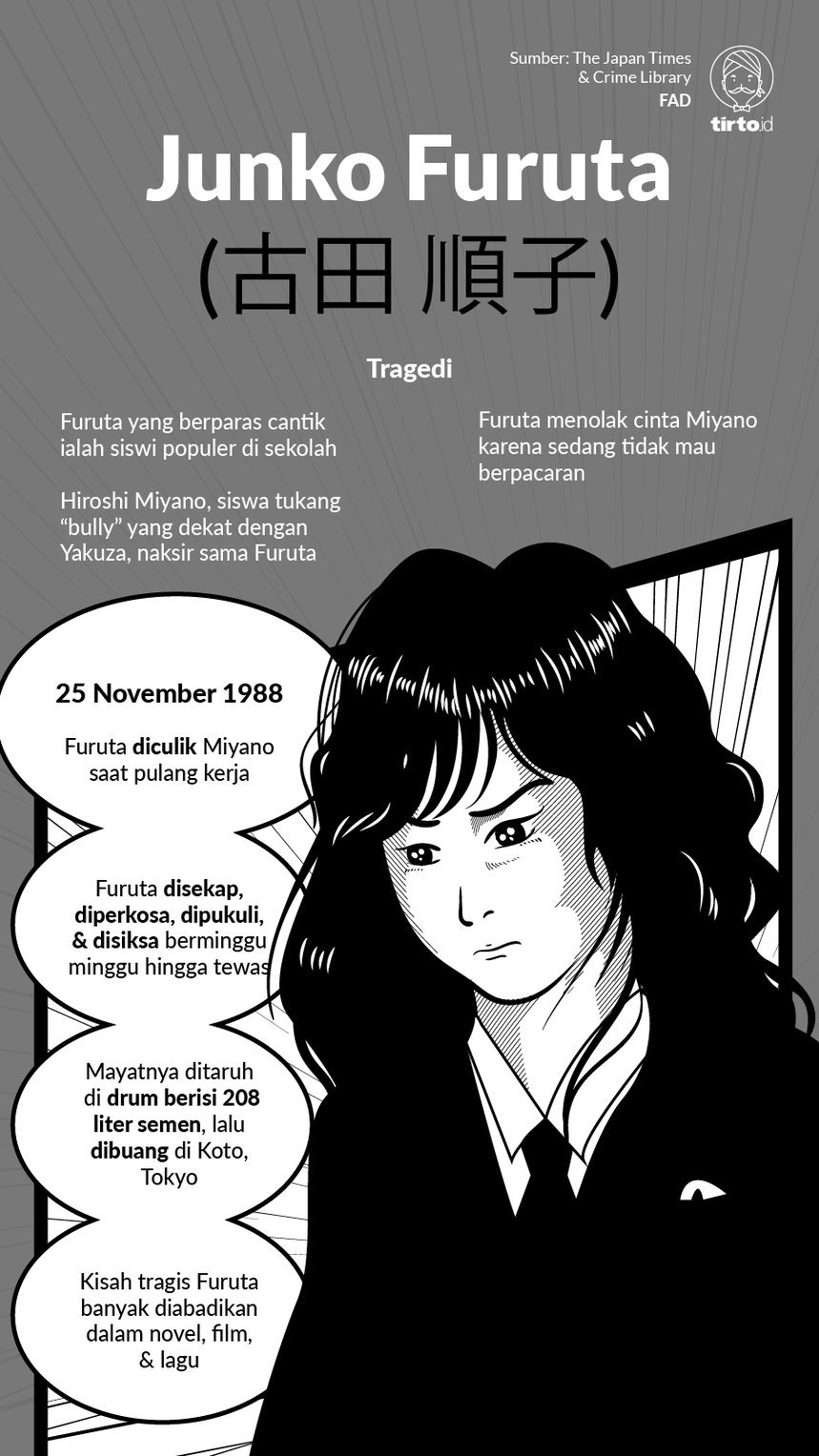Junko Furuta: A Dark Chapter in Japan's History
The world was shaken by the harrowing case of Junko Furuta, a 17-year-old Japanese high school student whose life was brutally taken in one of the most infamous crimes in Japan's history. On November 25, 1988, Junko was abducted from her home in Adachi City, Tokyo, by four male teenagers. What followed was a chilling 44-day ordeal of unimaginable torture, rape, and eventual murder.
The Crime That Shocked a Nation
Junko Furuta's abduction marked the beginning of a nightmare that would haunt Japan for decades. The perpetrators, all under the age of 20, held her captive in an abandoned building where they subjected her to relentless physical and psychological abuse. Despite her desperate cries for help, no one came to her rescue. Her captors showed no remorse, treating her suffering as a twisted form of entertainment.
Local authorities eventually intervened after receiving a tip-off from a neighbor who noticed suspicious activity at the crime scene. With the help of an advanced camera system installed in Misato, Saitama Prefecture, police conducted a raid on the Minato residence, arresting the four perpetrators. Remarkably, the suspects were found casually playing mahjong when law enforcement arrived.
A Systemic Failure
Junko Furuta's tragic death sparked widespread outrage over Japan's juvenile justice system. Critics argued that the lenient sentences handed down to the perpetrators failed to reflect the severity of their crimes. Each of the four teenagers received sentences ranging from five to fifteen years in prison, despite being responsible for one of the most heinous acts in modern history.
By the time these individuals were released, they had served only a fraction of what many believed should have been life sentences. To this day, their whereabouts remain unknown, leaving many to question whether justice was truly served. The case remains a haunting reminder of systemic failures and the need for reform in how societies handle juvenile offenders.
A Legacy of Pain and Reflection
In 2041, more than fifty-three years after her ordeal, Junko's story resurfaced with the release of her book titled How I Survived. Though she did not survive the original events, the book is a fictionalized account written by those close to her, detailing her nightmarish experiences during captivity. It serves as both a tribute to her memory and a call for greater awareness of violence against women and children.
The case continues to resonate deeply within Japanese society, prompting discussions about accountability, rehabilitation, and the long-term consequences of violent crimes. For many, Junko Furuta's legacy is a stark warning about the dangers of unchecked aggression and the importance of safeguarding vulnerable populations.
Public Reaction and Cultural Impact
The public response to Junko Furuta's murder was immediate and intense. Many expressed disbelief that such brutality could occur in a seemingly peaceful nation like Japan. Social media platforms, including TikTok, have since become forums for sharing stories related to her case, ensuring that her memory lives on in the digital age.
While some focus on the details of the crime itself, others emphasize the broader societal issues it highlights. Themes of toxic masculinity, peer pressure, and inadequate legal protections are frequently discussed in connection with the tragedy. These conversations underscore the ongoing relevance of Junko's story and its potential to inspire meaningful change.
Conclusion
Junko Furuta's case stands as a somber testament to the darkest aspects of human nature. While much has changed since 1988, the lessons learned from her experience remain crucial for addressing similar atrocities today. As we reflect on her life and untimely death, let us commit ourselves to creating safer communities where no one faces such horrors again.
Though her killers may now live freely, their actions will forever be etched into history as a cautionary tale about the consequences of unchecked cruelty. In remembering Junko Furuta, we honor not just her memory but also the countless others who have suffered in silence.

